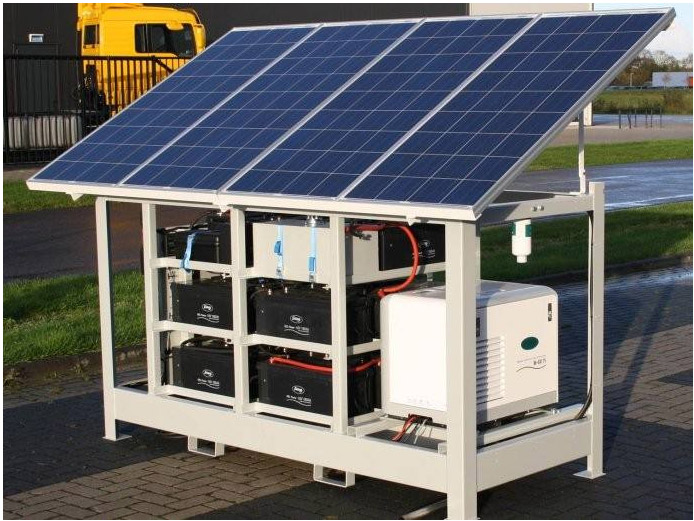Over the past few decades, solar technology has evolved rapidly, emerging as a reliable, eco-friendly, and economically viable energy choice. For residential users, installing a solar energy system not only reduces electricity costs but also increases property value and lowers the household’s environmental footprint. In today’s blog, Home Power Inverter will delve into the numerous benefits that solar energy brings to households and analyze its positive impact on the economy, the environment, and lifestyles. This article will provide a detailed explanation of how solar energy systems work and outline seven key benefits, offering readers a comprehensive understanding of the remarkable value solar power can provide for homes.
After installing the solar system, your electrical energy meter will need to be changed to accommodate the new installation, and the question is; who will be responsible of such changeover? Is it you or solar installation company or electricity company? This point must be clear from the beginning, and usually the solar company will do that job under the supervision of the electricity company.
The solar system rebates that you will get from the solar installation company as a result of selling your STCs certificate is an important point to be discussed, so you will be aware of how mush discount you will get from such STCs certificates.
What aforementioned assumed that you own your photovoltaic system, and do Not lease nor have it under a purchase agreement. As if you do not own the solar system, then you have to pay for it when the time comes to sell the house, but in that case you will lose much, because you will pay the whole price to the solar company early, and only the other option is to try convincing the buyer to take the contract with the solar company over. Mostly, the new house owner will agree to take the contract, but if not, then you will get in stuck.

What will be the expected annual generated electricity (kwh) form your solar system as a whole? And will your solar system installation company be ready to provide written statement about that. That is the strict performance indication, and if the solar company provide such statement, then be rest assured your system will be of high performance and efficiency.
The solar installation company has to agree with you before installation who will be responsible of repair and replacements costs if needed. This point should be clear and documented.
The most important step is that you have to make sure that your solar company will be in charge of installation, installing metering device, and to connect solar photovoltaic system with the grid. Solar company invoice you have to pay should have the prices of these tasks and all relevant works. However, in general, the electricity company will supply such solar energy meter and install or supervise on its installation.
After installing the solar energy meter, your solar photovoltaic system is ready to run and produce electricity.
Solar energy, one of the most abundant natural resources on Earth, has garnered widespread attention. In just one hour, the solar energy Earth receives is sufficient to meet the world's energy needs for an entire year. However, due to current technological limitations, we are unable to fully harness this vast resource. In recent years, advancements in solar panels, inverters, and related technology have led to significant improvements in conversion efficiency, giving us reason to be optimistic about solar energy’s future performance. Below, we delve into the primary advantages and disadvantages of solar energy in detail.

